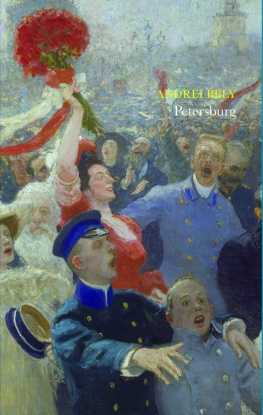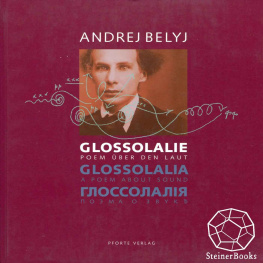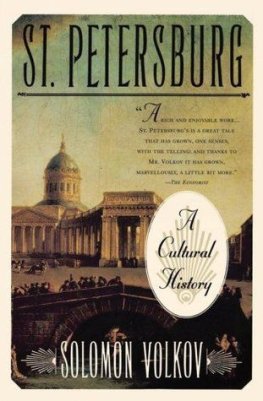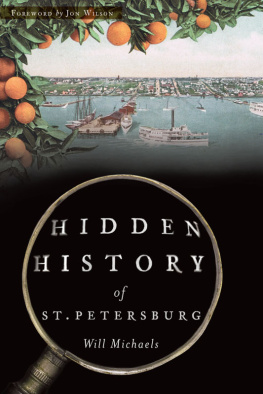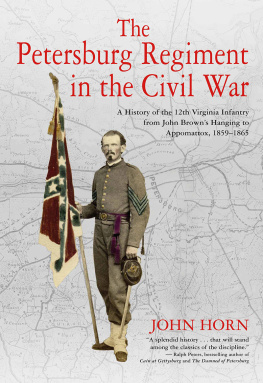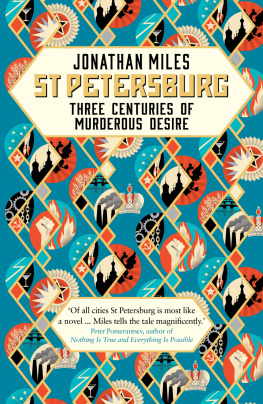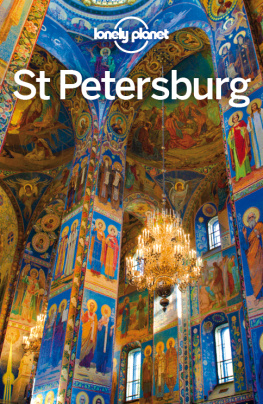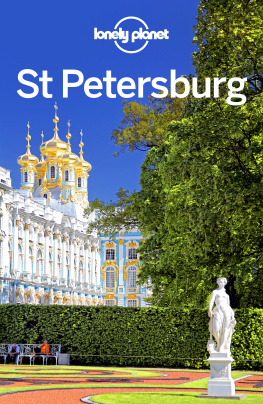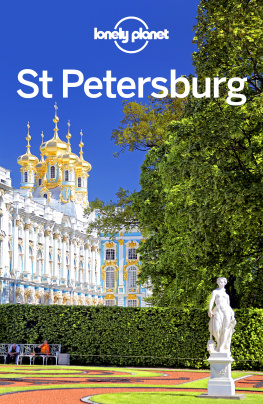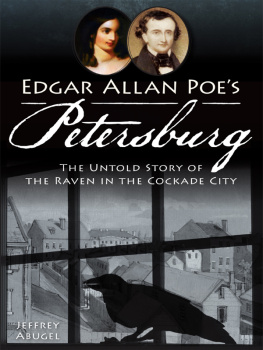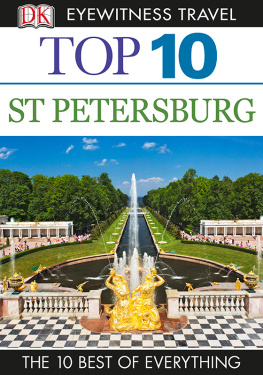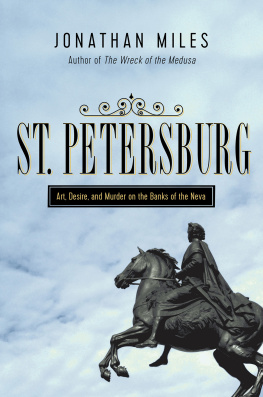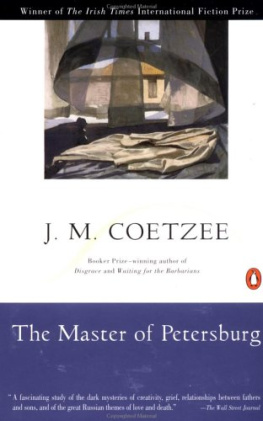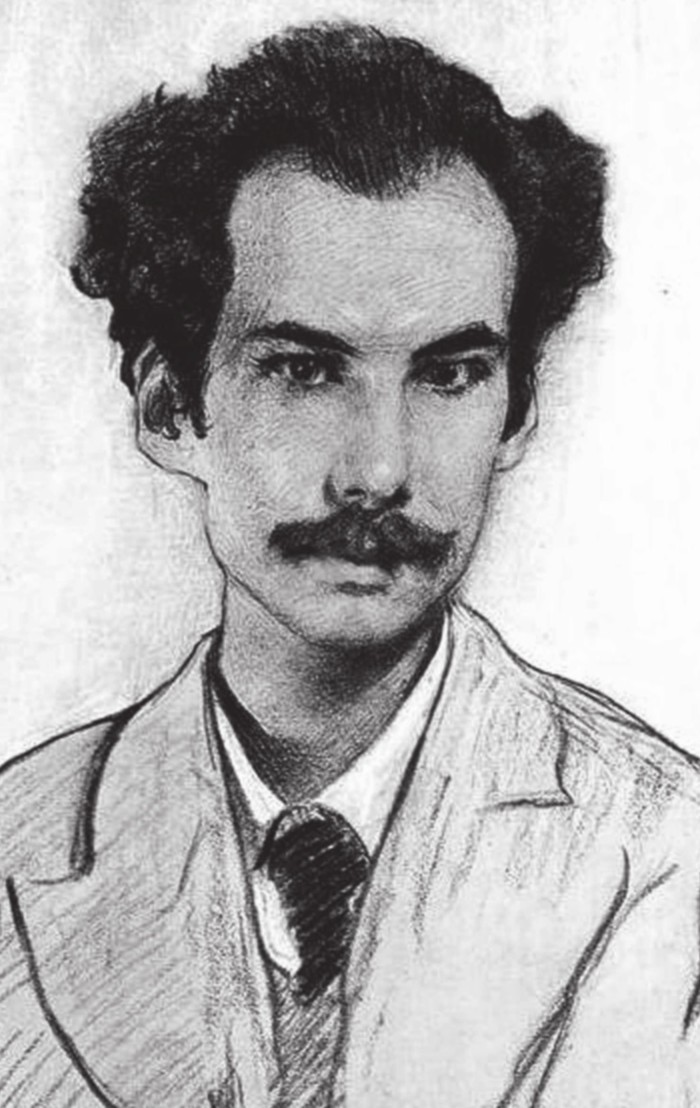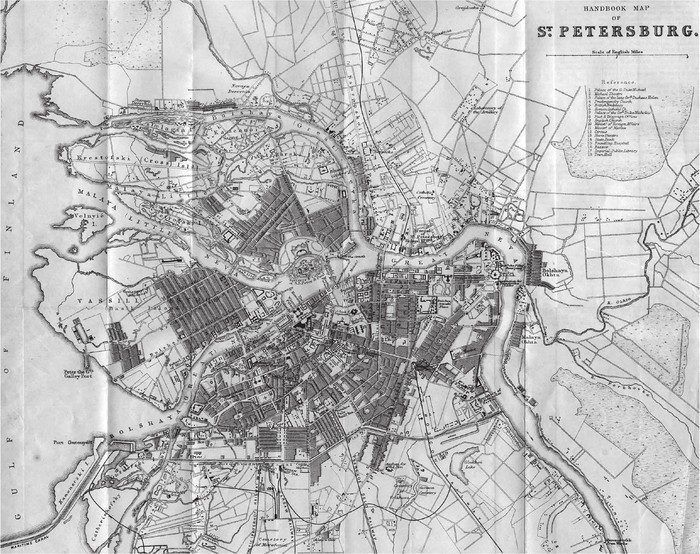Y OUR EXCELLENCIES , your Highnesses, Lords and Ladies, Citizens!
What is this Russian Empire of ours?
The Russian Empire is in the first place a geographical unit, which is to say: part of a certain planet. And the Russian Empire comprises: first of allGreater Rus, Lesser Rus, White Rus and Red Rus; secondlythe Georgian, Polish, Kazan and Astrakhan kingdoms; thirdly, it comprises Butetcetera, etcetera, etcetera.
This Russian empire of ours consists of a multitude of cities: metropolitan cities, provincial capitals, regional capitals, cities of no administrative importance; and furthermoreof the Ancient Capital and of the Mother of Russian Cities.
The Ancient Capital is Moscow; and the Mother of Russian Cities is Kiev.
Petersburg, or Saint Petersburg, or Peter (which is the same thing) belongs properly to the Russian Empire. And Tsargrad, Konstantinograd (or, as people say, Constantinople), belongs by right of inheritance. We will not expatiate further about that.
Let us expatiate further about Petersburg: there existsPetersburg, or Saint Petersburg, or Peter (which is the same thing). On the basis of these same judgements Nevskii Prospect is a Petersburg Prospect.
Nevskii Prospect possesses an astonishing quality: it consists of space for the circulation of the public; it is delimited by numbered houses; the numbering proceeds in the order of the housesand the quest for the required house is greatly facilitated. Nevskii Prospect is, like any other Prospect, a public Prospect; that is to say: a Prospect for the circulation of the public (not of the air, for instance); the houses that form its lateral limits areahem quite so: for
the public. In the evenings Nevskii Prospect is illuminated by electricity. In the daytime Nevskii Prospect requires no illumination.
Nevskii Prospect forms a straight line (between ourselves), because it is a European Prospect; and every European Prospect is not merely a Prospect, but (as I have already said) a European Prospect, because well yes
And that is why Nevskii Propsect forms a straight line.
Nevskii Prospect is a Prospect of no little importance in thisnot Russianmetropolitancity. Other Russian cities consist of a pile of mean little wooden houses.
And Petersburg is strikingly different from them all.
If, however, you persist in asserting the quite ridiculous legend to the effect that there exists a population of a million-and-a-half in Moscowthen it will be necessary to concede that Moscow must be the capital, for it is only in capital cities that we find a population of a million-and-a-half; in provincial capitals there is not, never was and never will be a population of a million-and-a-half. And in accordance with that ridiculous legend it transpires that the capital is not Petersburg.
But if Petersburg is not the capital, then Petersburg does not exist. It merely seems to exist.
However that may be, Petersburg not only seems, but truly manifests itselfon maps: in the form of two concentric circles with a black point in the middle; and from this mathematical point, which possesses no dimensions, it energetically proclaims that it exists: from there, from that said point, swarms of printed books issue in a torrent; from this invisible point with great momentum issue circulars.
In which is told of a certain worthy person, his cerebral play and ephemerality of being.
Once there was a dreadful time.
The memory of it is not stale.
It is of this, my friends, that I
Will now commence for you my tale
A sad one will my story be.
A Pushkin
Apollon Apollonovich Ableukhov
A POLLON APOLLONOVICH ABLEUKHOV was of exceedingly venerable stock: he had Adam for his ancestor. And that is not the main thing: incomparably more important here is the fact that a high-born ancestor of his was Shem, that is to say, the very progenitor of the Semitic, Hessitic and red-skinned peoples.
Here we shall make a transition to ancestors of less distant times.
These ancestors (so it appears) had their dwelling in the Kirgiz-Kaisak Horde, from where, in the reign of Empress Anna Ioannovna, Mirza Ab-Lai, the senators great-great-grandfather, valiantly entered the service of Russia, receiving at his baptism the Christian name Andrei and the sobriquet Ukhov. Thus the Armorial of the Russian Empire discourses upon this descendant scion of the Mongol race. For the sake of brevity Ablai-Ukhov was later turned into simply Ableukhov.
This great-great-grandfather, it is said, proved to be the source of the line.
A grey, gold-braided servant was dusting the writing desk with a feather duster; a cooks cap peeped in at the open door.
The masters up, you know
Hes rubbing himself with eau de cologne, soon be down for coffee
The postman this morning said there was a letter for the masterfrom Spain: with a Spanish stamp on.
Let me tell you something: you shouldnt be sticking your nose into letters so much
I suppose Anna Petrovna
You suppose, do you
I was just saying Whats it to do with me
The cooks head suddenly vanished. Apollon Apollonovich Ableukhov strode through into the study.
A pencil lying on the desk seized Apollon Apollonovichs attention. Apollon Apollonovich conceived the intention of giving the pencils point acuteness of form. Swiftly he walked up to the desk and grasped a paperweight, which he twisted around in deep thought for a long time, before realizing that in his hands was a paperweight, and not a pencil.
His absent-mindedness arose from the fact that at that moment he had been struck by a profound idea; and at once, at this inopportune time, it extended into a far-reaching train of thought (Apollon Apollonovich was hurrying to the Establishment). His Diary, which was to appear in the periodical press in the year of his death, became longer by a page.
Apollon Apollonovich quickly wrote down his extended train of thought: once it was written down, he thought: Its time to go to the office. And he passed through into the dining room to take his coffee.
Before doing so he set about interrogating his old valet with a certain unpleasant persistence:
Is Nikolai Apollonovich up yet?
No, indeed, sir: he hasnt got up yet
Apollon Apollonovich rubbed the bridge of his nose in displeasure :
Hmm tell me: when doestell meNikolai Apollonovich, as it were
He gets up quite late, sir
Well, how late?
And at once, without waiting for a reply, he strode through for his coffee, with a glance at his watch.
It was precisely half-past-nine.
At ten oclock he, an old man, would leave for the Establishment. Nikolai Apollonovich, a young man, would rise from his beda couple of hours later. Every morning the senator inquired about the hour of his waking. And every morning he frowned.
Nikolai Apollonovich was the senators son.
In short, he was the head of a certain Establishment
Apollon Apollonovich Ableukhov had distinguished himself by acts of valour; more than one star had fallen on to his gold-embroidered breast; the stars of Stanislav and Anna: even the White Eagle.
The ribbon he wore was a blue ribbon.

